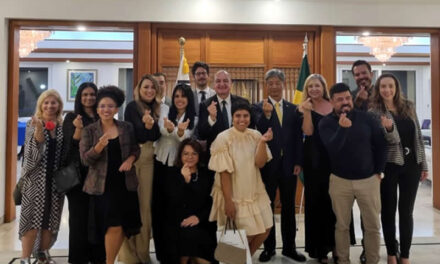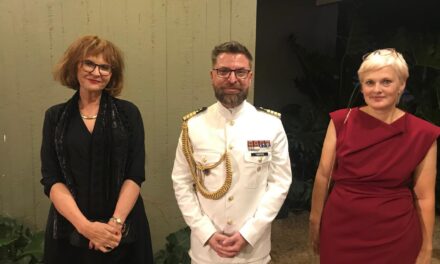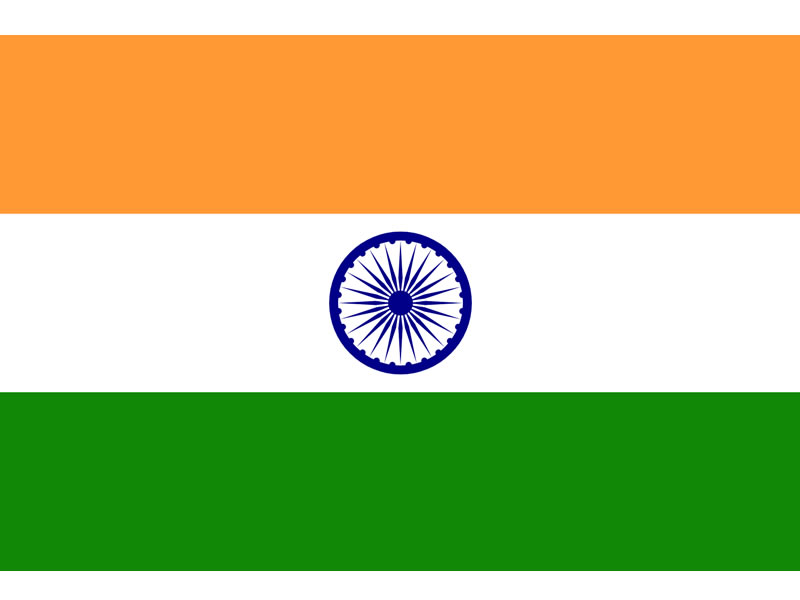Jammu and Kashmir: Positive Developments over the past two years
It is been more than two years since Article 370 was abolished by Government of India, and the state of Jammu and Kashmir bifurcated into two Union Territories (UT) of Jammu and Kashmir, and Ladakh. This change has facilitated socio-economic development in the new UTs by empowering people, removing unjust laws, bringing in equity and fairness to those discriminated against since ages.
The marginalised Kashmiris are now getting their due through comprehensive development and this is paving the way for peace and progress as abrogation of Article 370 has enabled benefits of all the flagship schemes of the Government to reach and benefit the people of J&K and Ladakh.
After removal of Article 370, the Indian Government under the leadership of Prime Minister Narendra Modi has left no stone unturned to help the people of Jammu and Kashmir to improve their lot. The Government is investing in infrastructure and capacity building, which will provide Kashmiris a continuous opportunity to improve their career prospects. For example, under Prime Minister’s Development Package 54 projects have been identified with the investment of USD 7.5 billion.
J&K is at the cusp of major advancements and a lot of progress has been made in integrating the state with the country’s overall development agenda. This region, which has never been known for its infrastructure, employment opportunities and professional colleges, but now things are set to change. J&K will soon have of the world’s highest railway bridge over river Chenab that will connect the Valley with the rest of India. This state-of-art bridge, which has a central span of 467 meters, is being built at a height of 359 meters from the surface level and will be functional in 2022.
For the first time after seven decades, the Indian Constitution and all the 890 Central laws are fully applicable to J&K, befitting the women and people from vulnerable socio-economic sections. Another praiseworthy government initiative pertains to remedying injustice to women. After removal of Article 370, women in J&K can now buy real estate and transfer property to children, even if they get married to a non-resident. In addition, many schemes have been launched for empowering women and helping them to earn their livelihood.
Youth has been identified as the centre of gravity of the development process. Sustained effort is being made by the UT Govt for creation of skill sets by providing financial support for education, training and entrepreneurship and generation of employment in both the Government and private sectors. The youth have a fixation for government jobs and though this is a good sign, there is a need to promote entrepreneurship and private enterprise so that the youth can realise their full potential.
There is a new dawn in J&K as the region moves forward to enjoy all fruits of democracy and freedom guaranteed under the Constitution of India.
Português:
Jammu e Caxemira: Desenvolvimentos positivos nos últimos dois anos
Há mais de dois anos que o Artigo 370 foi abolido pelo Governo da Índia, e o estado de Jammu e Caxemira bifurcado em dois Territórios da União (UT) de Jammu e Caxemira (J&K), e Ladakh. Esta mudança facilitou o desenvolvimento socioeconômico nos novos territórios da União, dando poder às pessoas, eliminando leis injustas, trazendo equidade e justiça para aqueles discriminados desde tempos imemoriais.
Os caxemires marginalizados estão agora recebendo seus direitos através de um desenvolvimento abrangente e isto está abrindo o caminho para a paz e o progresso, pois a revogação do Artigo 370 permitiu que os benefícios de todos os programas emblemáticos do Governo chegassem e beneficiassem o povo de J&K e Ladakh.
Após a remoção do Artigo 370, o governo indiano, sob a liderança do Primeiro Ministro Narendra Modi, não deixou pedra sobre pedra para ajudar o povo de Jammu e Caxemira a melhorar seu terreno. O governo está investindo em infraestrutura e capacitação, o que proporcionará aos caxemires uma oportunidade contínua de melhorar suas perspectivas de carreira. Por exemplo, sob o Pacote de Desenvolvimento do Primeiro Ministro, 54 projetos foram identificados com o investimento de USD 7,5 bilhões.
A J&K está prestes a atingir grandes avanços e muito progresso tem sido feito na integração do estado com a agenda geral de desenvolvimento do país. Esta região, que nunca foi conhecida por sua infraestrutura, oportunidades de emprego e faculdades profissionais, mas agora as coisas estão prestes a mudar. A J&K terá em breve a ponte ferroviária mais alta do mundo sobre o rio Chenab que ligará o Vale com o resto da Índia. Esta ponte de última geração, que tem um vão central de 467 metros, está sendo construída a uma altura de 359 metros do nível da superfície e estará funcionando em 2022.
Pela primeira vez após sete décadas, a Constituição da Índia e todas as 890 leis centrais são plenamente aplicáveis à J&K, sendo próprias para as mulheres e pessoas de grupos socioeconômicos vulneráveis. Outra iniciativa louvável do governo diz respeito a remediar a injustiça para as mulheres. Após a remoção do Artigo 370, as mulheres da J&K podem agora comprar imóveis e transferir propriedades para crianças, mesmo que se casem com um não-residente. Além disso, muitos programas foram lançados para capacitar as mulheres e ajudá-las a ganhar seu sustento.
A juventude foi identificada como o centro de gravidade do processo de desenvolvimento. Esforços sustentados estão sendo feitos pelo Governo da UT para a criação de conjuntos de habilidades, fornecendo apoio financeiro para educação, treinamento e empreendedorismo e geração de empregos tanto no setor governamental quanto no privado. Os jovens têm uma vocação para empregos no governo e, embora isto seja um bom sinal, há uma necessidade de promover o empreendedorismo e a iniciativa privada para que os jovens possam realizar todo o seu potencial.
Há um novo amanhecer na J&K à medida que a região avança para desfrutar de todos os frutos da democracia e da liberdade garantidas pela Constituição da Índia.
The diplomatic corps publications in this page are free of charge.
We kindly request the members of the diplomatic corps to send the texts in English and Portuguese, in Word format, to the email: pedro@theguide.com.br. You can also send an image in a .jpeg or .png format related to the text.











